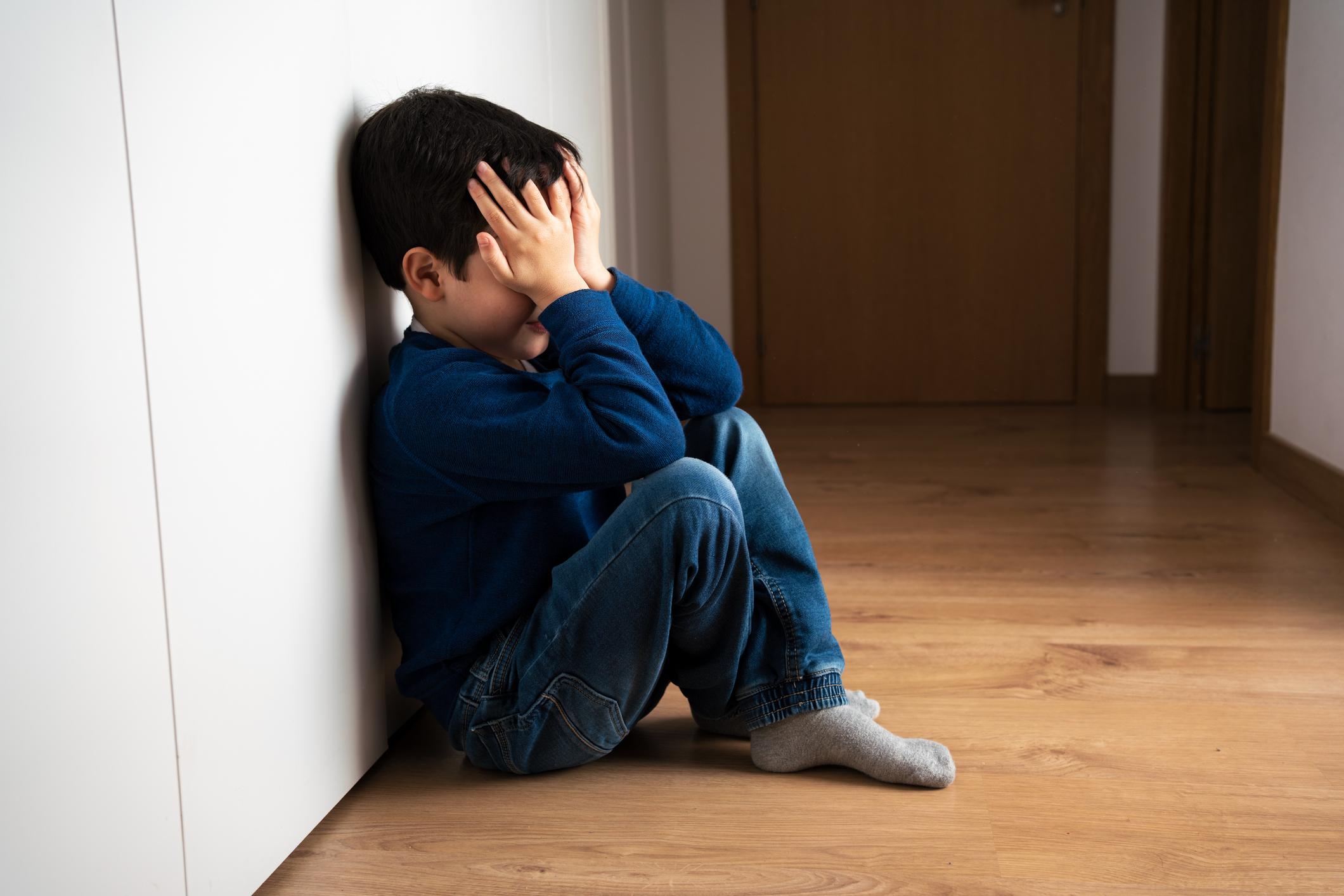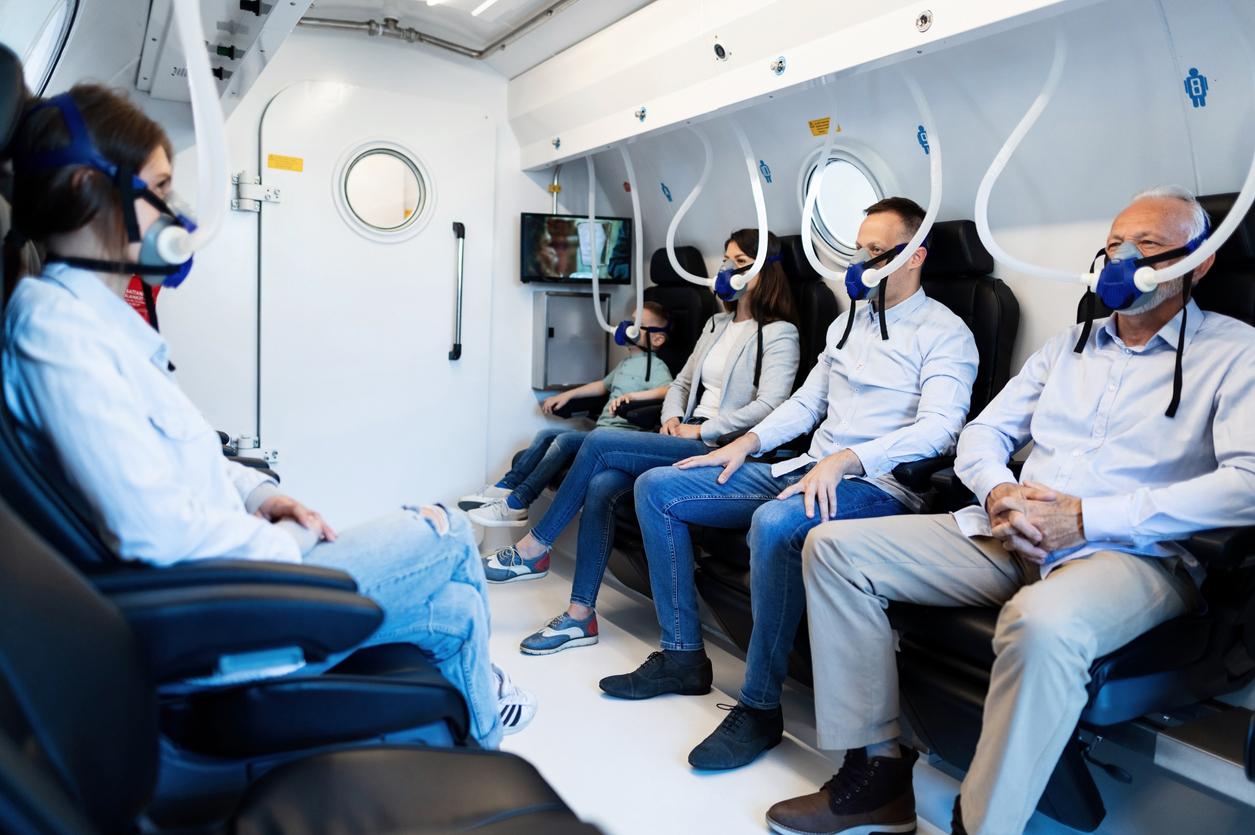Six months after the January 2015 attacks, four in ten people still had mental health consequences, according to the IMPACTS study.

Long-lasting after-effects. In the aftermath of the attacks which brought mourning to France in January 2015, Public health France and the Île-de-France Regional Health Agency (ARS) have launched an epidemiological investigation, IMPACTS This work aims to measure the consequences of these events on the mental health of those affected as well as the effectiveness of the care. The preliminary results of this study were published on Tuesday.
Depression, anxiety …
The survey was carried out from June 1 to October 31, 2015 by psychologists in the form of interviews with 190 civilians (victims, witnesses or bereaved) and 232 professionals (firefighters, police and law enforcement agencies). intervention, medico-psychological and associative help).
In the civilian population, the results show that six months after the events, the psycho-traumatic impact remains very significant. Thus, nearly four out of ten people still had at least one mental health disorder: post-traumatic stress (20%); marked depression (10%); anxiety disorders (30%).
“The survey confirms that the more people have been exposed to attacks (directly or indirectly threatened, having seen / heard the terrorists and / or victims), the greater the psycho-traumatic consequences”, specifies Public health France in a communicated.
In addition, a quarter of people consulted a doctor for a health problem other than psychological and related to the events. A third of these people found themselves unable to work because of their health following the events and 6% had still not returned to work six months afterwards.
The importance of early support
More than half of those exposed received medico-psychological care or received some form of support. “People who benefited from early treatment had half the problems at six months than others,” the authors specify. The study shows that only 4% of directly threatened civilians consulted spontaneously.
And yet, this work clearly shows the importance of treatment to prevent the effects on mental health. “The identification to offer medico-psychological support for all victims, whether they are simple witnesses or directly threatened is a major issue, because these people do not spontaneously think of consulting a health professional or talking about it”.
Professionals trained in stress
On the professional side, the psycho-traumatic impact also remains palpable six months later, even if it is less important than in the civilian population. “The mobilization of professionals during the events was particularly intense: on the first day, the relief workers and the police were present for 11 hours on average and a third of the professionals intervened on several sites”, recall the authors.
After the events, the average duration of mobilization around these events was 17 days for the relief workers and 29 days for the police. Among the speakers, it is the police who have been the most exposed to the threat, and the most bereaved.

According to preliminary results, 3% of workers declared post-traumatic stress disorder and 14% have at least one anxiety disorder such as anxiety or agoraphobia. “We observe that the psychopathological consequences of the event vary depending on the existence of specific training prior to psychological stress.”
The results of the survey highlight the interest of generalizing training in stress management and psycho-traumatic consequences to prevent health consequences. The publication of the full study is scheduled for the end of 2016.
.
















